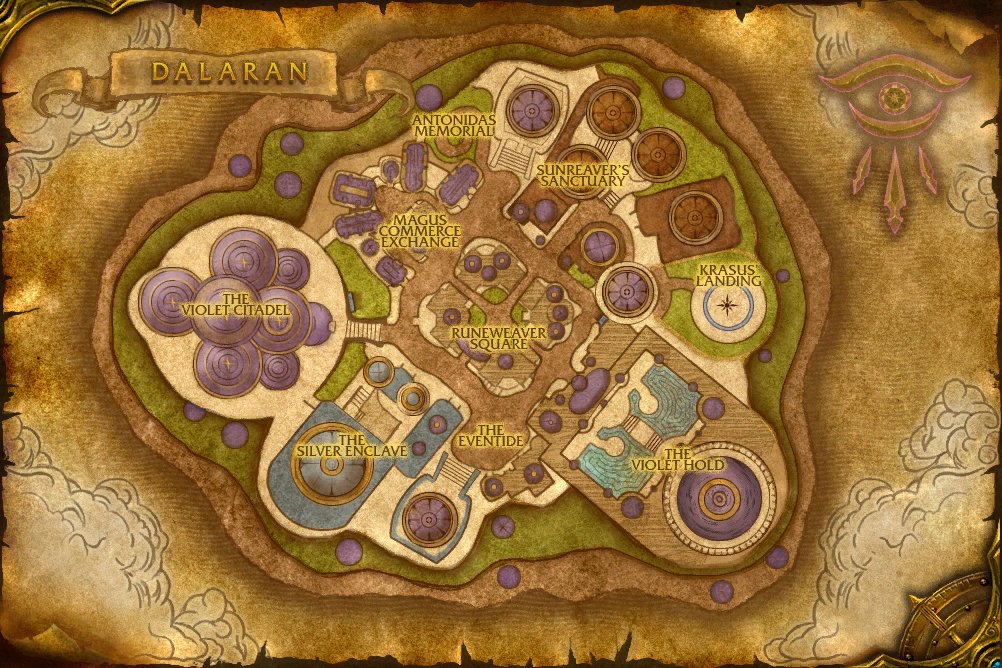
20% Percentage of the Recovery and Resilience Facility each EU country should dedicate to the digital transition.The European Digital Infrastructure Consortium is a new instrument to help interested Member States speed up and simplify the implementation of multi-country projects. The EU could deploy a network of Security Operations Centres, powered by AI, to anticipate, detect and respond to cyberattacks at national and EU level. This list includes areas for investment such as data infrastructure, low-power processors, 5G communication, high-performance computing, secure quantum communication, public administration, blockchain, digital innovation hubs and digital skills.Įxample of a potential multi-country project The Commission has identified an initial list of multi-country projects. support an interconnected, interoperable and secure Digital Single Market.address gaps in the identified critical capacities of the EU.combine investments from the EU budget, including from the Recovery and Resilience Facility, from Member States, and the private sector.To reach the digital targets and objectives, the European Commission will accelerate and facilitate the launch of multi-country projects, large-scale projects that no single Member State could develop on its own. a mechanism to support the implementation of multi-country projectsĢ030 Digital Compass: Your Digital Decade Multi-country projects.a structured framework to discuss and address areas of insufficient progress through joint commitments between the Commission and the Member States.multiannual Digital decade strategic roadmaps in which the Member States outline adopted or planned policies and measures in support of the 2030 targets.an annual ‘Report on the state of the Digital Decade’ in which the Commission evaluates progress and provides recommendations for actions.a structured, transparent and shared monitoring system based on the Digital Economy and Society Index (DESI) to measure progress towards each of the 2030 targets.The cooperation mechanism would consist of This governance framework is based on an annual cooperation mechanism involving the Commission and Member States. The Commission will first develop projected EU trajectories for each target together with the Member States, which would in turn propose national strategic roadmaps to attain them. The policy programme Path to the Digital Decade sets up a monitoring and cooperation mechanism to achieve the common objectives and targets for Europe's digital transformation. The European Parliament and the Council of the European Union will discuss the proposal before adoption.

The Eurobarometer will collect qualitative data, based on citizens’ perception of how the digital principles are put into practice in various Member States. The Commission will also conduct an annual Eurobarometer survey to monitor the follow-up measures in the Member States. The Commission will provide an assessment of the implementation of the digital principles in the annual State of the Digital Decade report. Promoting the sustainability of the digital future.Increasing safety, security and empowerment of individuals.Fostering participation in the digital public space.Putting people and their rights at the centre of the digital transformation.They are intended to help everyone in the EU get the most out of the digital transformation. They will provide a reference framework for citizens on their digital rights, as well as guidance for EU Member States and for companies when dealing with new technologies. The digital rights and principles outlined in the declaration will complement existing rights, such as those rooted in the Charter of Fundamental Rights of the EU, and data protection and privacy legislation. People need to know about the environmental impact and energy consumption of their devices. All users, from childhood to old age, should be empowered and protected.ĭigital devices should support sustainability and the green transition. The digital environment should be safe and secure. People should benefit from a fair online environment, be safe from illegal and harmful content, and be empowered when they interact with new and evolving technologies like artificial intelligence.Ĭitizens should be able to engage in the democratic process at all levels and have control over their own data. Everyone should have access to the internet, to digital skills, to digital public services and to fair working conditions.

Technology should unite, not divide, people. The EU promotes these values across the world. Digital technologies should protect people’s rights, support democracy, and ensure that all digital players act responsibly and safely.


 0 kommentar(er)
0 kommentar(er)
